
College Type
Government

Established in
1889

Max Package
5 LPA

Total Faculty
200++
Indian Veterinary Research Institute Overview
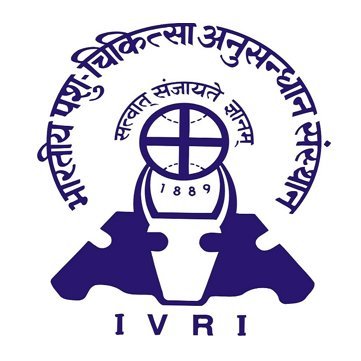
About IVRI
The Imperial Bacteriological Laboratory (IBL) established at Pune in 1889, was first led by Dr Alfred Lingard, as In-charge of the laboratory in 1890. Two years later, it was felt that handling highly infectious micro-organisms and pathological materials in a densely populated city like Pune is hazardous. Consequently, the laboratory was shifted in 1893 to an isolated site amidst the dense conifer forest of Mukteswar in the Kumaon hills of United Province located at about 1500 m above the mean sea level. Cattle plague or rinderpest was the most devastating disease in those days and the institute gave top priority for controlling this deadly disease. In fact, the first batch of anti-rinderpest serum was produced in 1899. By 1906, the institute started production of antisera against anthrax, haemorrhagic septicaemia and tetanus, a vaccine against black quarter and a diagnostic against equine glanders. To produce more of these biological products, a sub-centre was established at Kargaina, in the outskirts of Bareilly city. But limitation of space at this site led to acquisition of 306 ha. of land in Izatnagar in 1913, where the institute stands today. The Imperial Bacteriological Laboratory was renamed several times. It was known as Imperial Institute of Veterinary Research in 1925, Imperial Veterinary Serum Institute in 1930 and Imperial Veterinary Research Institute in 1936. Finally when India gained independence it was renamed as Indian Veterinary Research Institute. It came under administrative control of Indian Council of Agricultural Research in 1966. Over the years, the institute expanded by establishing Regional Stations at Palampur and Kolkata and Campuses at Bengaluru, and Pune. The scientific strength of the institute also contributed to establishment of some reputed institutes such as the Central Avian Research Institute (CARI) at Izatnagar in 1979 and the High Security Animal Diseases Laboratory at Bhopal in 1998 (known as National Institute of High Security Animal Diseases, since 2014). In 2015, the institute established the Training and Education Center at Pune, Maharashtra. The institute has contributed immensely for enhancement of livestock production through control of economically important diseases and eradication of some of them, most notably eradication of Rinderpest, CBPP, African horse sickness and Dourine. Important vaccines against economically important diseases include Rinderpest (GTV vaccine), Hemorrhagic Septicaemia, Anthrax, PPR, Sheeppox, Goatpox and Newcastle disease of poultry. The institute has also developed a number of user friendly and advanced diagnostics for livestock and poultry diseases.Image Gallery
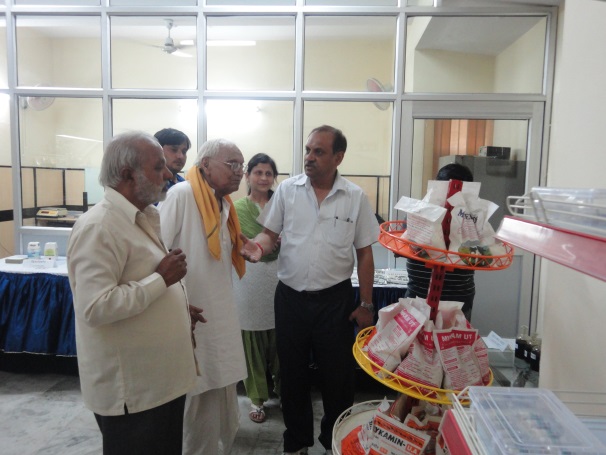
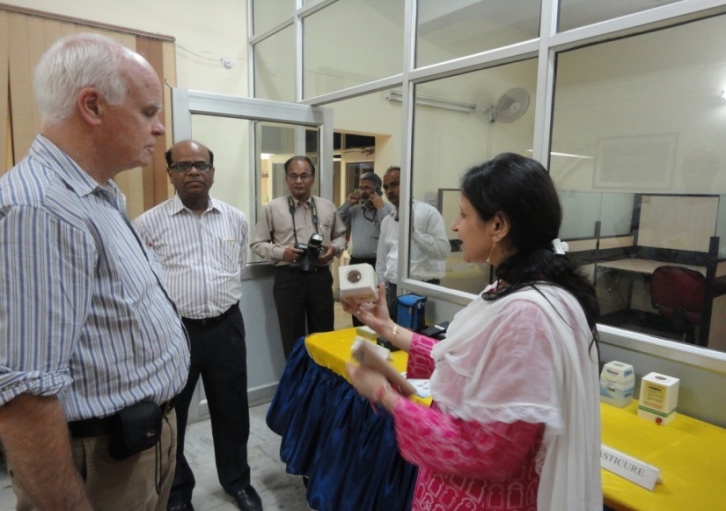
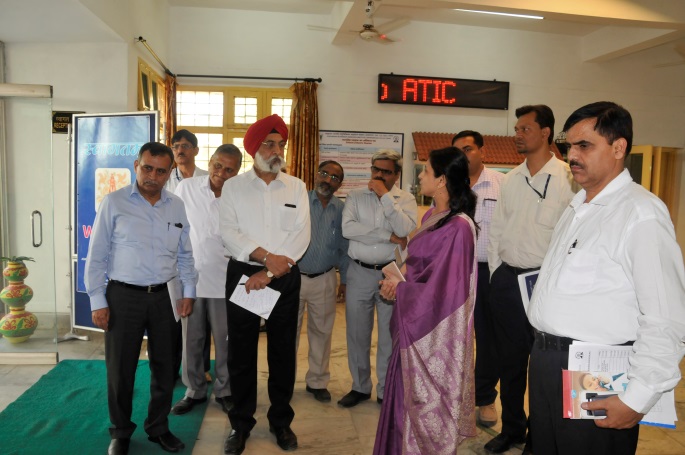
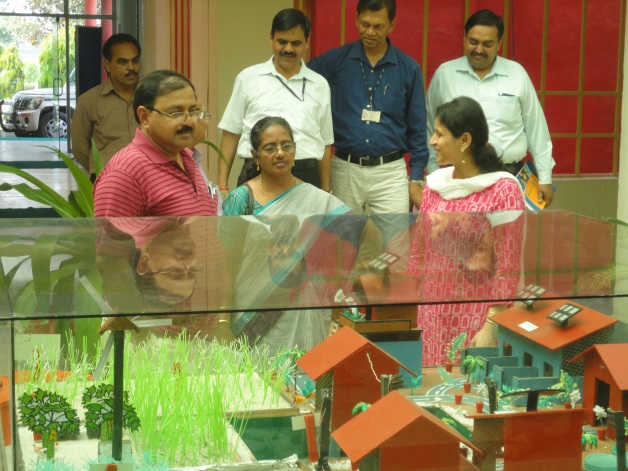
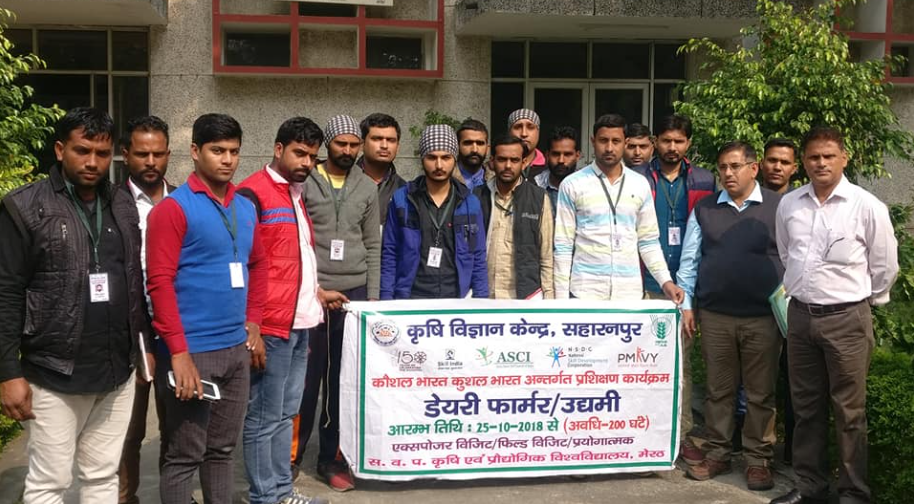
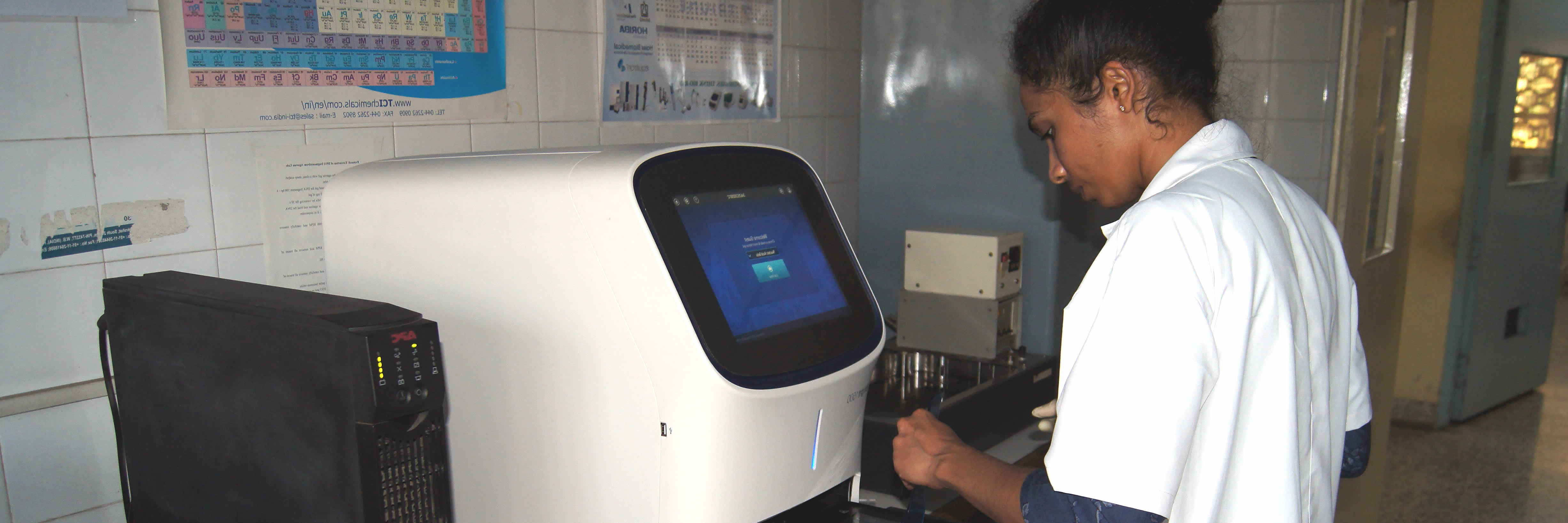
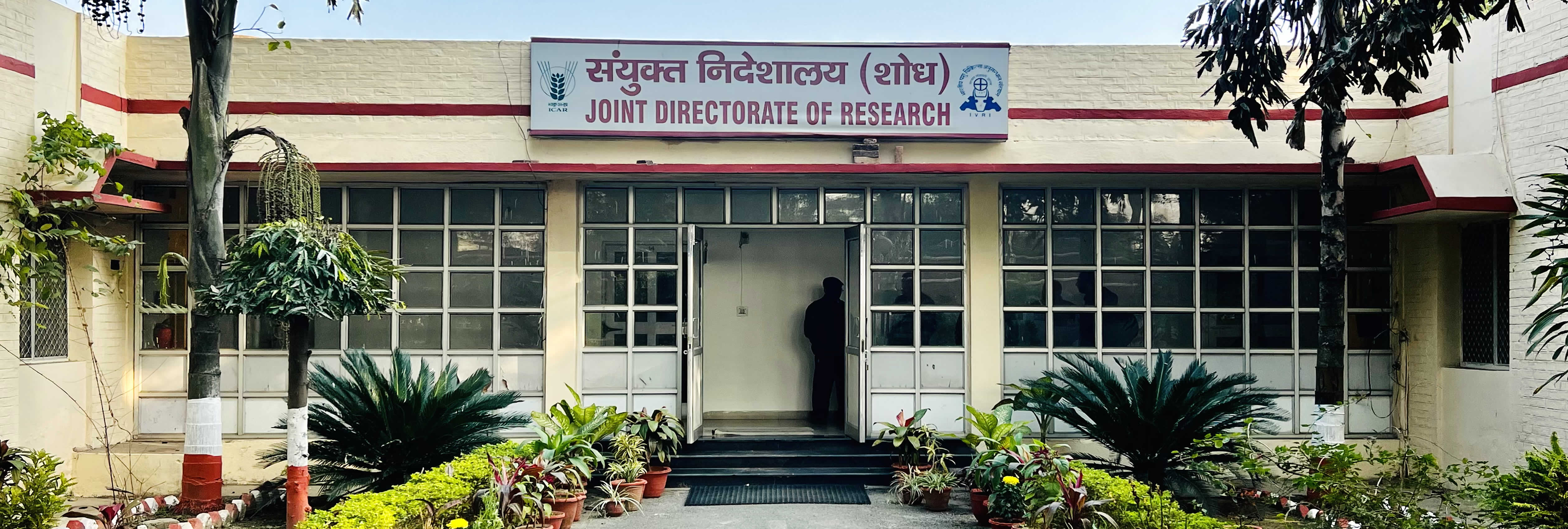


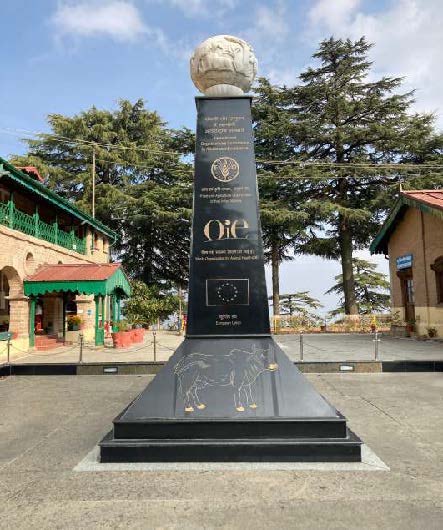
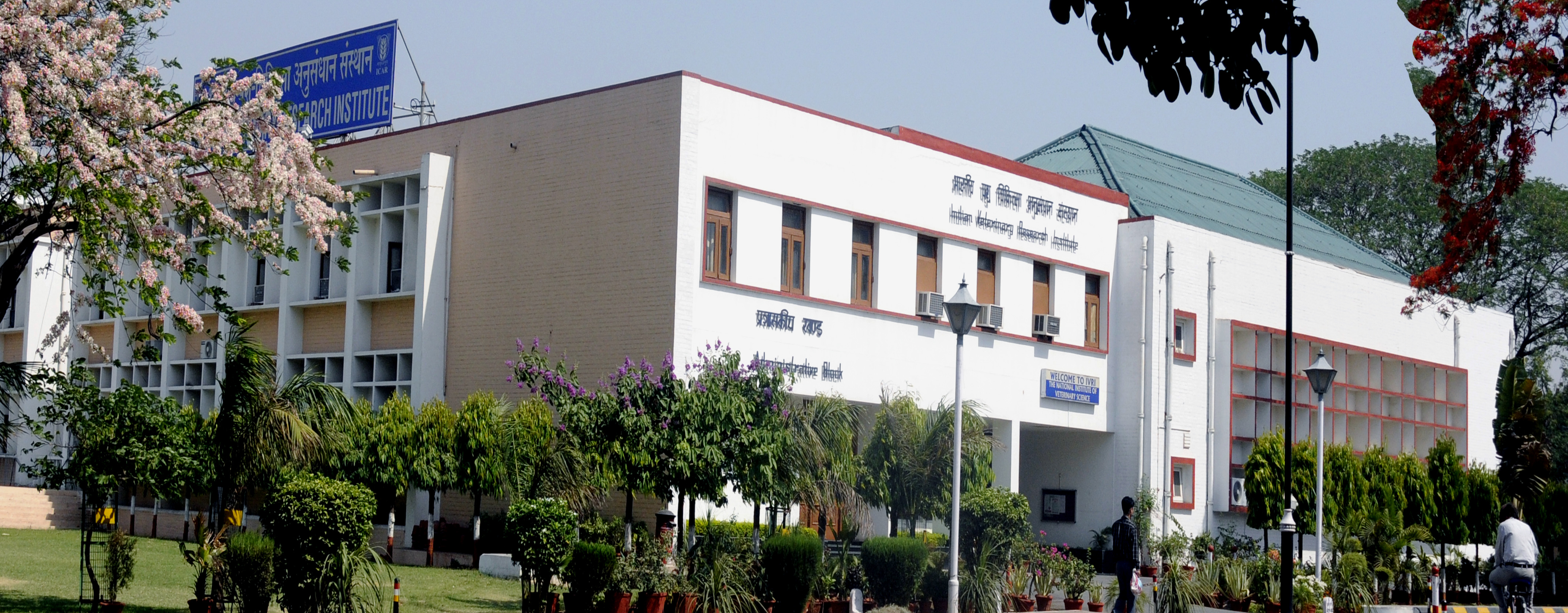
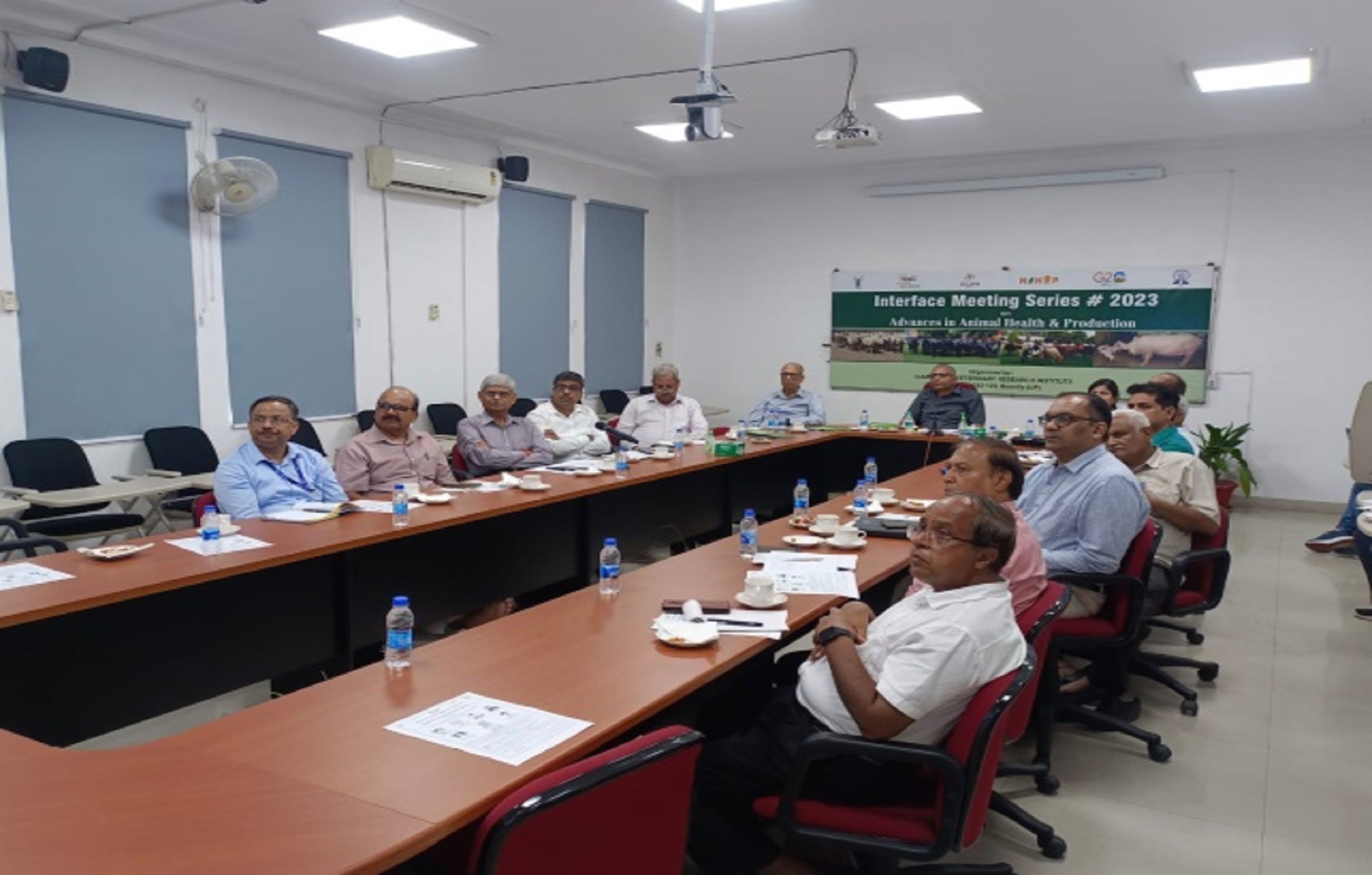

Indian Veterinary Research Institute Faculty
View More
Still have questions about Indian Veterinary Research Institute ? Ask us.
Typical response between 24-48 hours
Get personalized response
Free of Cost
Access to community
Explore Colleges In Uttar Pradesh
Contact Details of Indian Veterinary Research Institute
-
Contact No:+ 91 581 230 0096, + 91 581 230 3284
-
Email ID:
-
Website:https://www.ivri.nic.in/Default.aspx
-
Address:Indian Veterinary Research Institute, Izatnagar, Bareilly (UP)-24311, India
Want to learn more about college options and to secure an admission now!
Admissionindia's expert counsellors can help you with all your doubts







.jpg)









.png)






.jpg)
